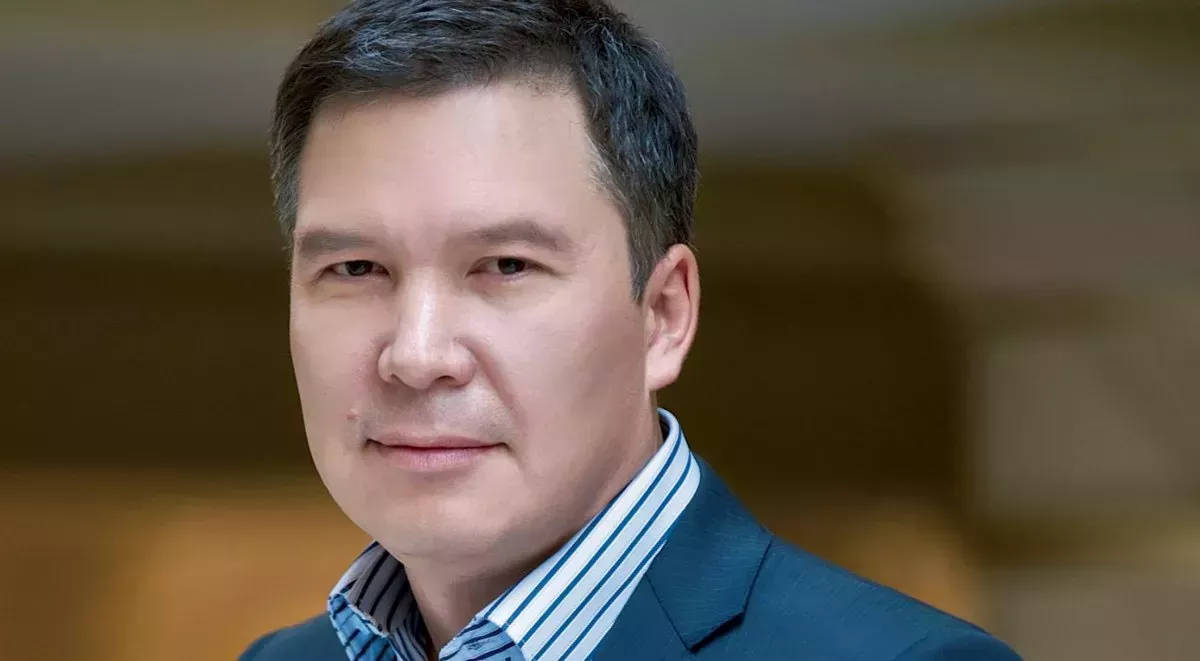“Ankara and Yerevan have overcome a psychological barrier in their relations” Expert opinions on Caliber.Az
Recently, Prime Minister Nikol Pashinyan stated that Armenia maintains “institutional and ongoing communication with Azerbaijan and Türkiye,” which, according to him, is the most important news. At the same time, the Armenian leader emphasised that relations between Armenia and Türkiye are on the right track and noted that he has invited Turkish President Recep Tayyip Erdoğan to participate in the European Political Community summit, which will be held in May 2026 in Yerevan, expressing hope that the Turkish side will accept the invitation.
But how does Türkiye itself view Prime Minister Pashinyan’s assessment of Armenian-Turkish relations? Will President Erdoğan accept the invitation to visit Yerevan? Caliber.Az asked foreign political analysts to answer these questions.

Göktuğ Çalışkan, an international relations expert at the Ankara Centre for Crisis and Policy Studies (ANKASAM), believes that diplomatic activity on the Armenian-Turkish track demonstrates that progress between the two countries is being built on a far more rational and constructive basis than before.
“Establishing direct communication between President Erdoğan and Prime Minister Pashinyan has taken the normalisation process beyond technical issues and given it a strategic dimension. This indicates that Ankara is carefully considering every initiative that could contribute to regional peace. At the same time, inviting the Turkish leader to Yerevan for the European Political Community summit creates a multilateral window of opportunity for peace and cooperation in the South Caucasus. For Türkiye, it is crucial that this process produces concrete results in strengthening regional stability,” he emphasised.

According to him, by supporting every step that contributes to the establishment of lasting peace in the South Caucasus, Ankara welcomes Yerevan’s recent constructive statements. Pashinyan’s remark that “the border could be opened in the near future,” in turn, indicates that both sides have overcome a certain psychological barrier in their relations.
“Türkiye’s approach is fundamentally aligned with the goal of full normalisation of relations with Armenia. Ankara views the restoration of ties with Yerevan in the context of a regional peace agreement and the principle of mutual recognition of sovereignty and borders. In this context, the progress of the ongoing peace process between Azerbaijan and Armenia will determine the pace of future steps on the Turkish-Armenian track. Meanwhile, at the level of special representatives, the two countries have reached agreements on technical issues, such as opening the land border to third-country citizens, direct cargo transport, and the commissioning of railway services,” the political analyst said.
Consequently, in his view, the likelihood of President Erdoğan participating in the European Political Community summit in the Armenian capital will depend on how the situation on the ground develops.
“Ankara’s priorities are ensuring the continuity of the peace process, strengthening mutual trust, and implementing concrete measures. If these conditions are met, there is a high probability of restoring diplomatic ties and fully normalising relations between the two countries. Türkiye sees this process not only as part of bilateral relations but also as part of a vision that promotes regional integration. A new chapter founded on peace, cooperation, and mutual trust will ensure stability for the future of the South Caucasus. Ankara sincerely supports the advancement of this process,” Çalışkan stated.

Meanwhile, Turkish-Kazakh politician and political analyst Serikzhan Mambetalin, founder of the “Union of Greater Turan” Foundation, noted that he sees no major obstacles to Türkiye accepting Pashinyan’s invitation.
“I believe that by May 2026, substantial work on the launch of the Zangezur Corridor will already be underway, which will also positively influence Ankara’s position. In Türkiye, the approach to Armenia is shaped through the lens of Baku-Yerevan relations. Now, with the sides engaging in constructive dialogue, avoiding bellicose rhetoric, and establishing economic ties, Ankara welcomes this process and is ready to restore relations with Yerevan, including opening the border for trade. This is a very positive development both for the entire South Caucasus and for Trans-Caspian cooperation as a whole,” Mambetalin concluded.








